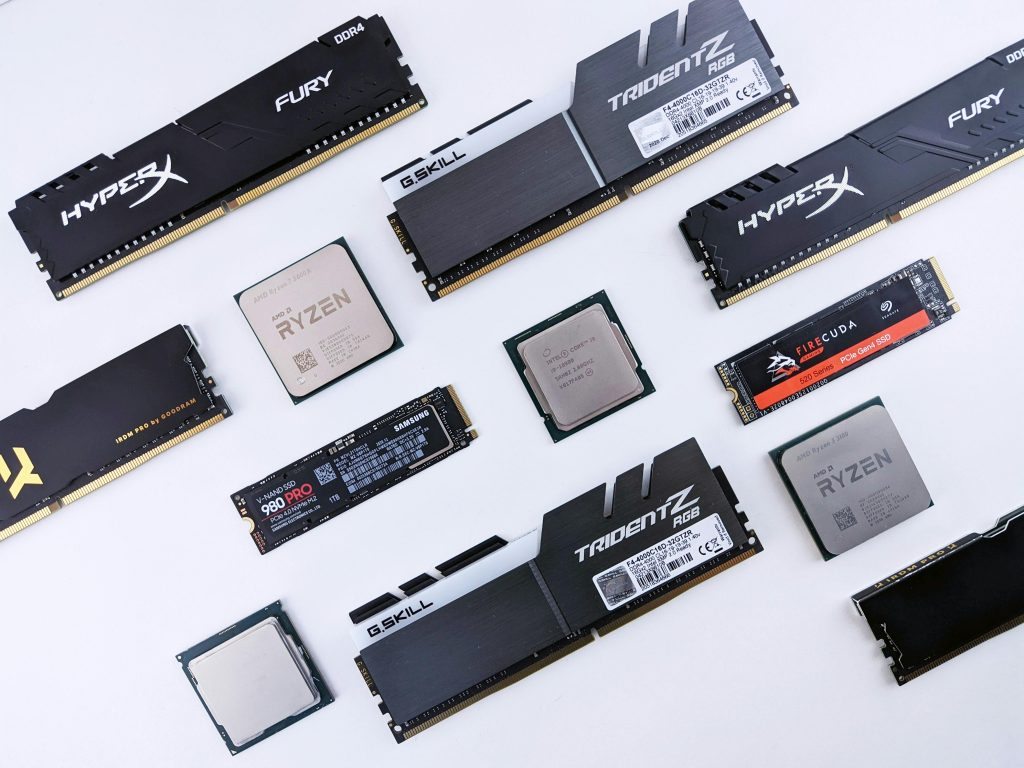Transforming Cybersecurity: Lessons from Google’s SecOps Approach
In recent weeks, I delved into Google’s latest SecOps report, and I find myself captivated by their innovative strategies in cybersecurity.
A few highlights piqued my interest:
-
Unprecedented Scale: Their detection team’s oversight of the world’s largest Linux fleet is nothing short of remarkable. They have managed to achieve detection dwell times of just hours, far surpassing the industry average of several weeks.
-
Integrated Workflow: In a departure from traditional practices, detection engineers at Google both write and prioritize alerts. This seamless integration eliminates the usual barriers between teams and fosters a more agile response to security threats.
-
AI-Powered Efficiency: Remarkably, Google has cut down the time needed to produce executive summaries by 53% through the use of Artificial Intelligence, all while maintaining the high standards of quality expected from such critical reports.
What truly stands out is their shift from viewing security as a reactive necessity to embracing it as a proactive engineering discipline. By prioritizing automation and Software development expertise over conventional security qualifications, they are reshaping our understanding of what it means to work in cybersecurity.
As this evolution continues, I’m curious: do you think traditional security roles will transition to resemble more engineering-focused positions?
For those interested in further insights on cybersecurity trends and strategies, I offer weekly updates through my newsletter tailored for cybersecurity leaders. You can subscribe here: Newsletter Signup.
Share this content:



